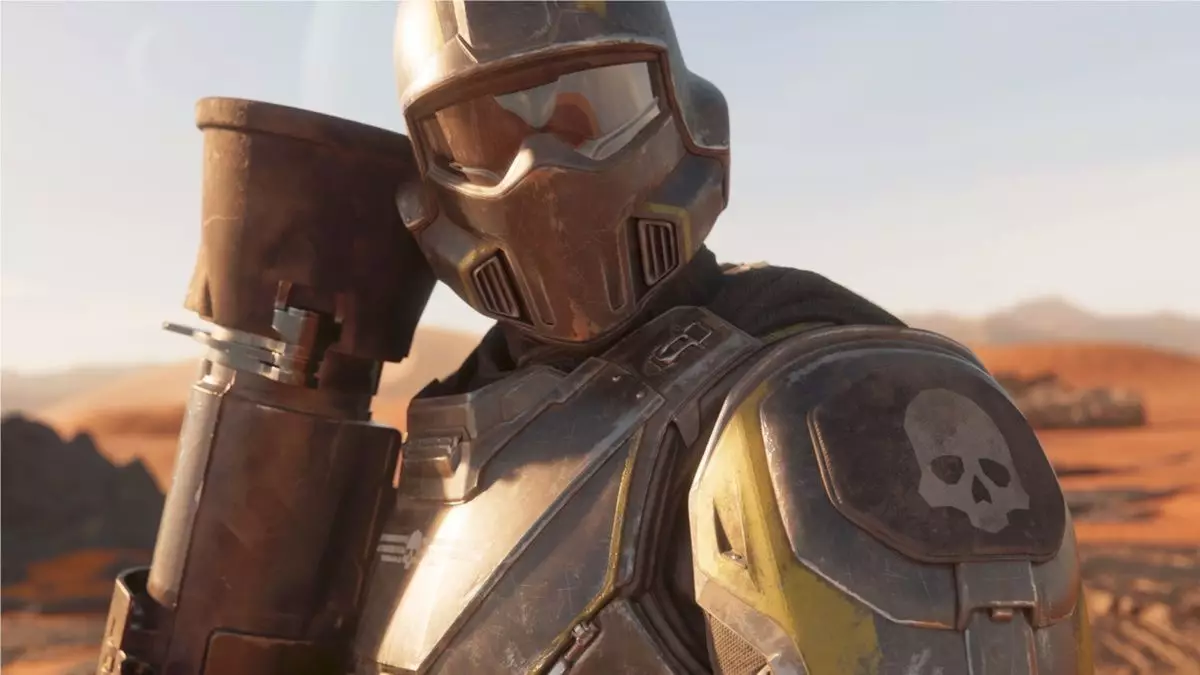Helldivers 2, a popular third-person cooperative shooter, has recently faced considerable backlash from its community, primarily due to the controversial Escalation of Freedom update. The game director and CEO of Arrowhead, Johan Pilestedt, has publicly acknowledged the issues behind this discord, emphasizing that problems stem from a lack of cohesion and leadership. Such admissions are vital, as they signal a willingness to take accountability for the game’s trajectory and the player experience.
This moment of introspection is essential for any developer. While it may be tempting to shift blame to teams or specific designs, Pilestedt’s commentary reveals a fundamental understanding that leadership sets the tone for development. A game studio’s culture, driven by its leaders, significantly influences its output. Thus, when community sentiment sours, it may reflect deeper organizational issues.
Developer Accountability
The recent patch that aims to amend the mistakes of past updates is justified, as it involves returning to a core group of talented developers who originally devised the problematic changes. This adjustment indicates a conscious effort to rectify prior errors and shows that the studio is committed to listening to its player base. The community’s reactions highlight not just individual grievances but a broader desire for meaningful engagement and improved gameplay.
Pilestedt’s engagement in discussions on platforms like Reddit suggests a proactive approach to communication. Acknowledging player feedback demonstrates respect for the community and addresses perceptions of negligence. Notably, even amid criticism, Pilestedt expressed appreciation for the skilled team members at Arrowhead, which adds a humanizing touch to the often faceless world of game development.
In addressing the leadership issues identified within Arrowhead, it becomes clear that the effectiveness of a project hinges on coherent vision and collaboration. Pilestedt indicated that successful team dynamics waned during periods of “weak direction,” suggesting a vital need for solid leadership to navigate the complexities of game development and maintain focus on community interests.
The latest balancing patches are part of a broader 60-day strategy to restore Helldivers 2’s reputation among players. Although it addresses immediate concerns, such a plan must also instill long-term confidence. The community’s trust often hinges on consistency in communication, responsiveness to issues, and a genuine commitment to improvement.
As Arrowhead navigates these challenges, a crucial aspect will be fostering an inclusive community atmosphere. The transition from backlash to rehabilitation requires more than just patches; it needs a cultural shift both within the studio and among its players. Listening to feedback isn’t merely a reaction; it’s a fundamental practice that should be integrated into the development lifecycle.
Helldivers 2 stands at a pivotal crossroads: remedying previous mistakes while cultivating a loyal and engaged player base is no small feat. The key will lie in Pilestedt and his team’s ability to foster collaboration, address leadership inconsistencies, and create a vibrant gaming environment that aligns closely with player expectations. As the game evolves, the spotlight remains on both the developers and the community to forge a new and dynamic relationship.

